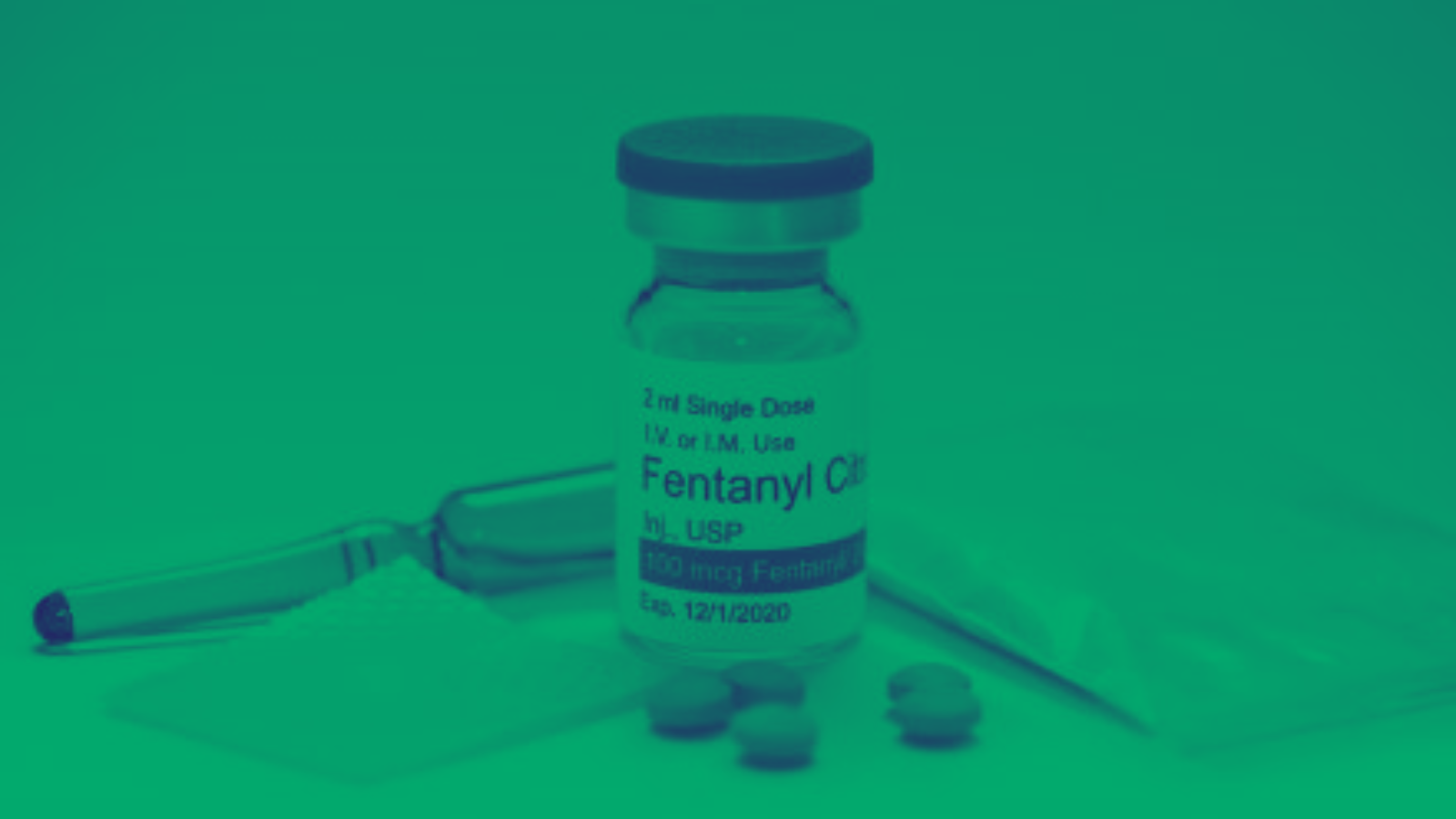Source: Spectrum 1 News
Democratic North Carolina Attorney General Josh Stein was among a group of attorneys general from across the country who was invited to the White House by Vice President Kamala Harris in mid-July to discuss fentanyl and illicit drugs in America, Spectrum 1 News reported.
Ahead of the meeting, the Director of National Drug Control Policy at the White House, Dr. Rahul Gupta, said those in attendance would discuss trafficking – specifically the profits from trafficking – expanding access to overdose reversal treatment naloxone, and addressing new and emerging threats like Xylazine, which is a powerful drug used for sedating animals that is now being found mixed with fentanyl.
Xylazine was designated as an emerging threat to the country back in April.
“We each recognize and have joined together today because we are facing a public health crisis,” Harris said to the attorneys general from Nevada, Delaware, Pennsylvania, New York, Arizona, Oregon, North Carolina and Washington, D.C. “And it also, therefore, is an issue that must have a response that addresses the underlying public health concerns that are both about addiction and treatment.”
Although this White House meeting focused on illegal opioids and how they’re making their way into Americans’ hands, Stein was one of a number of attorneys general across the country who sued the companies responsible for pushing legal opioids on consumers. Because of Stein’s efforts, North Carolina and other states have received billions of dollars from the pharmaceutical industry to settle claims that these companies knowingly profited from the misuse of their drugs.
North Carolina Lt. Gov. Mark Robinson, who is running for governor in 2024, recently attacked Stein (his likely Democratic opponent next year) for suing the pharmaceutical companies responsible for the spread of the opioid crisis. Robinson said that Stein should be going after drug dealers and not pharmaceutical companies. Stein is focusing on both.
As far as illicit opioids like fentanyl, Stein told Spectrum 1 News that it’s going to take a huge effort to make an impact.
“It’s gonna take all hands on deck to turn the tide,” Stein said. “So we need local, state and federal government working together to make a difference.”
Prescription painkillers were once the driver of America’s overdose epidemic, but over recent years, that has changed. Heroin first overtook prescription opioid overdoses and then, more recently, fentanyl has overtaken heroin, according to The Associated Press.
The Centers for Disease Control and Prevention (CDC) reported that the rate of overdose deaths from synthetic opioids like fentanyl was 18 times higher in 2020 than in 2013. Overdose deaths skyrocketed in the U.S. during the COVID-19 pandemic.
“There was a time where the young people of our country would go to a party and we, as parents, would be concerned about whether they were smoking weed or drinking alcohol underage,” Harris said. “Now what’s happening at these parties is people are passing around pills.”
Gupta said that CDC data shows overdose deaths in the U.S. are still on the rise but at a slower rate than over the past few years. Approximately 110,000 people died from overdoses in 2022, a 2% increase from overdose deaths in 2021, but far lower than the 30% increase in 2020 and 15% increase in 2021.
“We’ve made significant progress, if you look at the numbers in 2022 compared to ’21, we’re flatlining the numbers,” Gupta said. “That’s great because we saved about 19,000 lives that are still at the dinner table, celebrating birthdays.”
Another issue Harris and Gupta addressed at the meeting was how to increase access to, and the affordability of, naloxone. The vice president called it “the difference between life and death.”
Several months ago, the U.S. Food and Drug Administration (FDA) approved selling Narcan, the leading version of naloxone, without a prescription. That means that Narcan would be available over the counter.
At the meeting, Harris highlighted the importance of the role of state attorneys general when it comes to investigating the criminal enterprises responsible for the proliferation of illicit opioids, saying that she couldn’t “think of [anyone] more equipped at the state level, and in our country, that state attorneys general to do this kind of work.”
Stein told Spectrum that there are some things that state attorneys general simply can’t do and need the help of the federal government to accomplish.
“And that is to disrupt the supply chain of illicit fentanyl. We know it’s starting with chemicals produced in China, and then manufactured in Mexico and brought to this country,” he said. “So we have got to have the federal government dialed down and tie it down as tightly as we can to keep as few of these drugs [from] coming into our country.”





